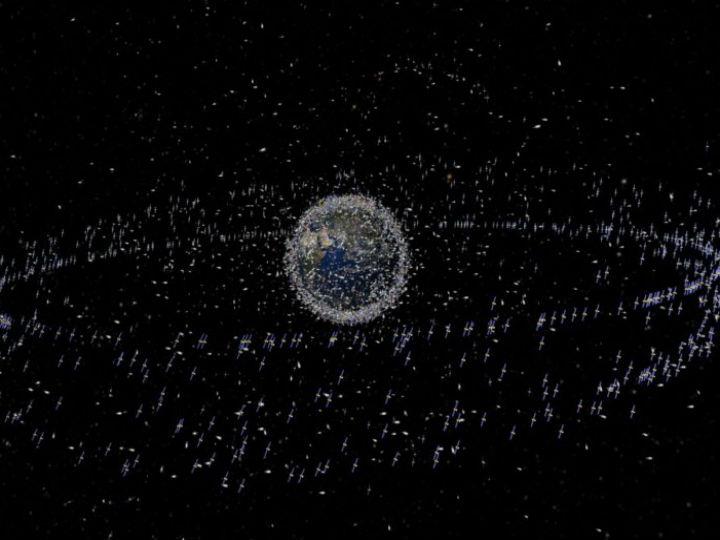by Marian-Jean Marinescu*
In our increasingly digitalised societies, European citizens, economies and public decision-makers have become heavily reliant on data provided by satellites in orbit.
Between air control management, car connected navigation, bank transfer operations, border monitoring, smart farming, weather forecast, natural resources and climate change monitoring, civil protection or even military purposes, space-based applications are part of our daily lives, without even realising it.
Today, 10% of our GDP is estimated to depend on the proper functioning of space infrastructures and the data they generate back to earth.
Therefore, it is of major importance to make sure that the space infrastructures – in particular those owned and financed by the EU budget, with the Galileo and the Copernicus programmes- and their operations are protected from natural and accidental hazards.
Space traffic management (STM) is definitely not a rhetorical topic: a few weeks ago, the European Space Agency had to perform a last-minute avoidance manoeuvre to protect one of its spacecraft from colliding with a Space X satellite in the Starlink constellation.
And considering the many projects or initiatives of mega-constellations that are ongoing, space traffic is expected to surge rapidly in the near future, from 1700 satellites in orbit at the moment up to, potentially, over 10 000… All this posing a real threat of orbit congestion.
Well-aware that the absence of regulations in the area of space traffic management could negatively affect US space activities on the short run, the Trump Administration took the lead to produce a Space Policy Directive, in June 2018, aimed at establishing a future STM system and framework.
This approach is of course neither innocent nor naive: this directive states that “to maintain U.S. leadership in space, we must develop a new approach to space traffic management (STM) that addresses current and future operational risks”.
In this perspective, the directive clearly expresses as objectives for the US to “continue to lead the world in creating the conditions for a safe, stable, and operationally sustainable space environment” and to “seek to lead the world in the development of improved SSA [space situational awareness] data standards and information sharing”.
On the other hand, the directive wants to “encourage and facilitate U.S. commercial leadership in SSA, and STM. Fostering continued growth and innovation in the U.S. commercial space sector, which includes SSA, and STM activities, is in the national interest of the United States”.
In addition, some provisions of the US text lay out that the proposed rules should apply also to non-US actors – which means that US-driven extraterritorial principles could become a norm for the European space sector, as it is already the case in several other economic sectors, such as in banking or energy.
In this context, we Europeans should not wait for the US to apply their traditional “space dominance” doctrine: the development of a structured STM at the US level will undeniably result in the adoption of US standards, guidelines and norms, impacting European industries in the medium term and, additionally, creating a new market for STM service for US companies.
This is then the responsibility of the EU institutions and of the Member States to support the European space sector to get ready.
Following closely these developments on the other side of the Atlantic, I incited the European Commission to move forward and proposed, already last year, a pilot project on Space traffic management – expected to start in the next few weeks.
This pilot project will have to identify and assess the legal and regulatory challenges, needs and best practices, and provide recommendations for the European Union and Member States policymakers on STM. The results should compare as well pro and cons of international, European and national approaches.
Meanwhile, the European industries (launchers, satellites ground segment, operators) also have to get involved and speak with one voice about the concerns, challenges and technology needs they face in the area of space traffic management.
Commission President-elect Ursula von der Leyen has ensured that promoting Europe’s technological sovereignty and strategic autonomy will be key priorities of the upcoming European Commission.
From this standpoint, the way EU institutions handle space traffic management will be an immediate test-bed. The European Parliament, which has always demonstrated strong support to EU space policy developments, will have a pivotal role to play to keep this issue at the top of the political agenda in the next few months.
*Co-ordinator for the European People’s Party on the European Parliament’s Transport committee
**first published in: www.euractiv.com




 By: N. Peter Kramer
By: N. Peter Kramer
